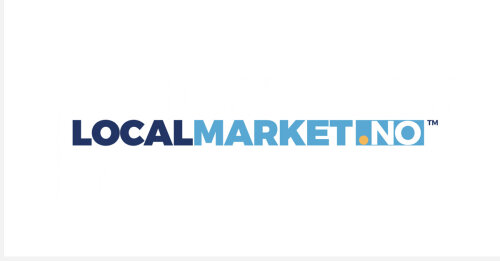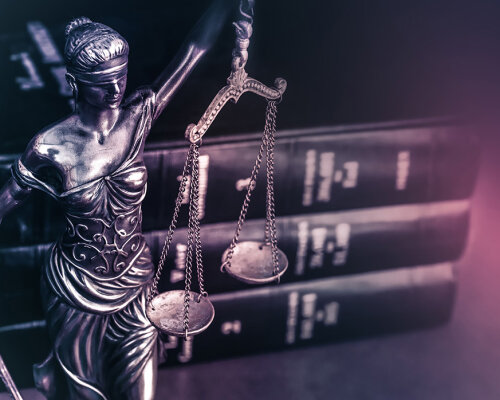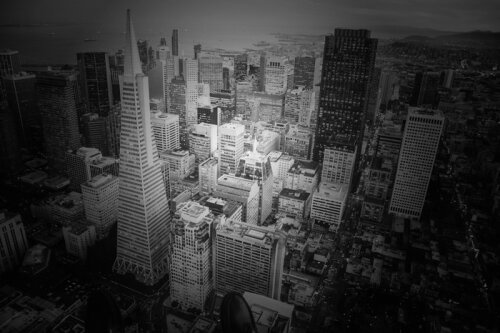Best Sanctions & Export Controls Lawyers in Norway
Share your needs with us, get contacted by law firms.
Free. Takes 2 min.
Or refine your search by selecting a city:
List of the best lawyers in Norway
About Sanctions & Export Controls Law in Norway
Sanctions and export controls law in Norway governs how individuals, companies, and organizations can interact with foreign entities, especially those in countries that are subject to international restrictions. Norway implements sanctions as part of its obligations to the United Nations, the European Union, and in accordance with its domestic laws. Export controls regulate the trading, sale, transfer, and shipment of certain goods, technologies, and services to other countries. These laws are meant to prevent the dissemination of sensitive technology, weapons, and dual-use items and to uphold international peace, security, and human rights standards.
Why You May Need a Lawyer
A lawyer with expertise in sanctions and export controls can be crucial in several scenarios. You may need legal advice if you are doing business internationally and are unsure whether certain transactions violate Norwegian or international sanctions. If your company deals with dual-use goods or sensitive technologies, ensuring compliance with export control regulations is critical. Legal help is also vital if you or your company have been investigated or accused of breaches, if you need to apply for licenses or exemptions, or if you are unsure how new sanctions impact your business relationships. Navigating complex documentation, regulatory changes, and compliance programs is easier and safer with professional legal assistance.
Local Laws Overview
Norwegian sanctions and export controls regulations are derived from both national legislation and Norway’s international commitments. Key elements include:
- The Sanctions Act (Sanksjonsloven) which provides the legal framework for imposing sanctions according to UN Security Council and EU measures.
- The Export Control Act (Eksportkontrolloven) that regulates the export of strategic goods, services, and technologies including dual-use items.
- Regulations on where, what, and how items or services may be exported, with enforced licensing requirements.
- Specific restrictions on transactions and business with individuals, entities, and countries subject to bans due to international or national decisions.
- Obligations on businesses to conduct due diligence, keep records, and report suspicious transactions or activities.
- Availability of general or specific licenses for otherwise restricted exports, granted by the Norwegian Ministry of Foreign Affairs.
- Strict penalties for non-compliance, including fines and imprisonment.
Norwegian authorities closely monitor international developments and can introduce new restrictions quickly, requiring entities to stay updated and compliant.
Frequently Asked Questions
What are sanctions and export controls?
Sanctions are measures such as trade bans, asset freezes, or travel restrictions imposed on countries, individuals, or entities, often for political, security, or human rights reasons. Export controls restrict the export or transfer of certain goods, services, or technologies, especially those with military application or dual-use potential.
Who enforces sanctions and export controls in Norway?
The Ministry of Foreign Affairs is the main authority responsible for implementing and enforcing sanctions and export controls in Norway. The Customs Directorate (Tolletaten) and police can also play important roles in enforcement.
Does Norway follow the same sanctions as the European Union?
Although Norway is not an EU member, it aligns closely with EU foreign policy and generally implements EU sanctions through Norwegian law. Norway must also abide by UN Security Council sanctions.
What is a dual-use item?
A dual-use item is a product, software, or technology that can be used for both civilian and military applications. These items are subject to export controls because of their potential security implications.
Can individuals be affected by sanctions, or only companies?
Both individuals and companies can be subject to, or impacted by, sanctions in Norway. For example, individuals may be prohibited from conducting financial transactions with sanctioned parties, and can face criminal penalties if they violate sanctions laws.
What are the penalties for violating sanctions or export controls?
Violations can result in significant fines, confiscation of goods, loss of export privileges, or even imprisonment. Both companies and their responsible employees can be held liable for breaches.
How can businesses ensure compliance with sanctions and export controls?
Businesses should establish strong internal compliance programs, conduct regular training, perform due diligence on clients and partners, stay informed about current regulations, and consult legal experts before engaging in high-risk transactions.
Can I apply for an export license or exemption?
Yes, if you wish to export controlled goods, services, or technology, you may apply for a specific license or seek an exemption through the Ministry of Foreign Affairs. The process generally involves detailed documentation and justification.
Are there any recent changes to Norwegian sanctions law?
Norwegian sanctions and export controls are subject to frequent updates, especially as global political situations evolve. It is important to check government updates or consult a legal expert regularly to stay current.
Who should I contact if I have questions about a specific transaction?
You should contact a qualified legal professional experienced in sanctions and export controls. You may also obtain information from the Ministry of Foreign Affairs or the Customs Directorate, but legal advice is recommended for complex transactions.
Additional Resources
If you are seeking more information or guidance, the following resources are valuable in the field of sanctions and export controls in Norway:
- Ministry of Foreign Affairs (Utenriksdepartementet): The principal regulator for sanctions and export licenses.
- Norwegian Customs Directorate (Tolletaten): Responsible for monitoring the movement of goods in and out of Norway and enforcing customs and export regulations.
- Police Security Service (PST): Involved in cases impacting national security.
- Relevant trade associations and industry bodies: Many provide guidance on compliance and best practices.
- Specialist law firms: Offer expertise and regular updates on sanctions and export controls.
Next Steps
If you believe your business or personal situation may be impacted by Norwegian sanctions or export control laws, it is wise to act promptly. Start by gathering all relevant information about your transactions, business partners, and products or technologies involved. Reach out to a lawyer who specializes in sanctions and export controls to assess your exposure and receive clear guidance on compliance or risk mitigation. Ensure any internal compliance programs are current and assign responsibility within your organization for monitoring legal changes. If you are facing an investigation or inquiry, seek legal counsel before communicating with authorities. Staying informed and proactive is the best way to reduce legal risk and ensure your activities remain within the law.
Lawzana helps you find the best lawyers and law firms in Norway through a curated and pre-screened list of qualified legal professionals. Our platform offers rankings and detailed profiles of attorneys and law firms, allowing you to compare based on practice areas, including Sanctions & Export Controls, experience, and client feedback.
Each profile includes a description of the firm's areas of practice, client reviews, team members and partners, year of establishment, spoken languages, office locations, contact information, social media presence, and any published articles or resources. Most firms on our platform speak English and are experienced in both local and international legal matters.
Get a quote from top-rated law firms in Norway — quickly, securely, and without unnecessary hassle.
Disclaimer:
The information provided on this page is for general informational purposes only and does not constitute legal advice. While we strive to ensure the accuracy and relevance of the content, legal information may change over time, and interpretations of the law can vary. You should always consult with a qualified legal professional for advice specific to your situation.
We disclaim all liability for actions taken or not taken based on the content of this page. If you believe any information is incorrect or outdated, please contact us, and we will review and update it where appropriate.
Browse sanctions & export controls law firms by city in Norway
Refine your search by selecting a city.
















